Don’t miss our trip to New Zealand in 2026! Register and Join Us
Clarity and Filtration
Posts
-
 Wine-wizard
Wine-wizard
Is the salmonella (commonly associated with eggs) a problem to consider when fining with egg whites?
-
 Wine-wizard
Wine-wizard
Egg White Fining, Malolactic Levels: Wine Wizard
-
 Wine-wizard
Wine-wizard
Using Egg Whites To Fine White Wine
-
 Wine-wizard
Wine-wizard
I really want to filter my Chardonnay like the big wineries do. Are there small-scale filters for people who only make a barrel of wine?
-
 Wine-wizard
Wine-wizard
Cloudy Fruit Wine, Macerating Whites: Wine Wizard
-
 Wine-wizard
Wine-wizard
Chitosan, dry climate grapes: Wine Wizard
-
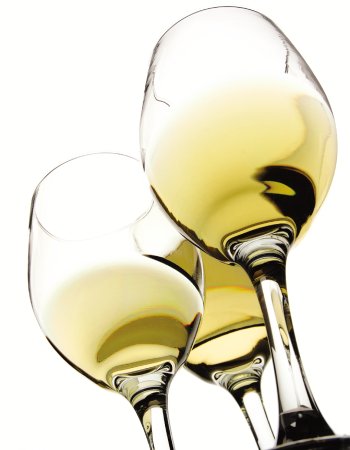 Article
Article
A Clearer Understanding of Fining Agents
Gain an understanding of what fining agent are, how they work, and how they make your wine brilliantly clear.
-
 Wine-wizard
Wine-wizard
How do you sterile filter your wine?
-
 Wine-wizard
Wine-wizard
Is it possible for a plastic fermenter to impact the effectiveness of isinglass as a fining agent?
-
 Wine-wizard
Wine-wizard
Is filtering good or bad for your wine?
-
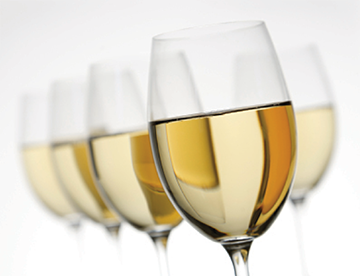 Technique
Technique
Using Fining Agents
-
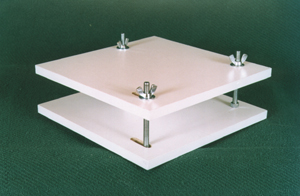 Article
Article
Build a Filter Clamp: Projects
This DIY clamp allows you to change filter pads more quickly and with less effort, and costs less than $20 to make.
-
 Wine-wizard
Wine-wizard
I added oak beans to several different batches of wine at the same time. Only my Chardonnay turned milky and hazy while the other wines were clear. Do you have any idea what happened?
-
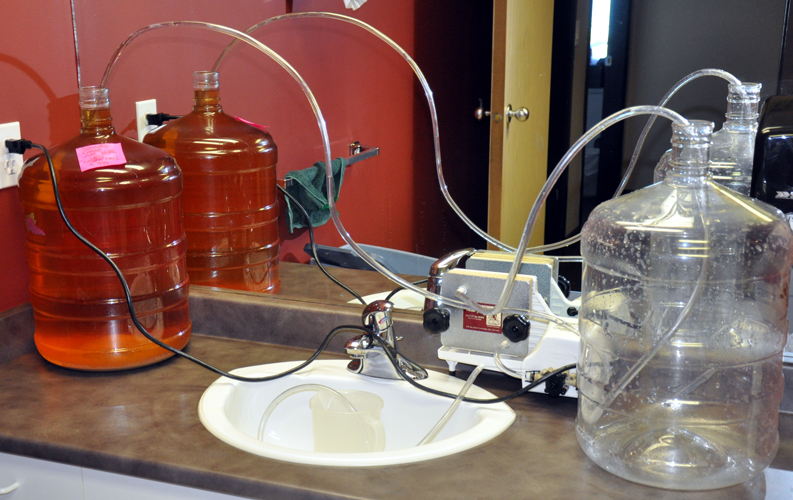 Technique
Technique
Choosing a Filtering System
Winemaking is not a science but rather an art. There are many opinions on the pros and cons of the various processes that winemakers use. Th
-
 Wine-wizard
Wine-wizard
How can I best rid my wine of tartrate crystals?
-
 Wine-wizard
Wine-wizard
A sediment like fine sand is appearing in my homemade wine after it is opened. Can you tell me what’s going on?
-
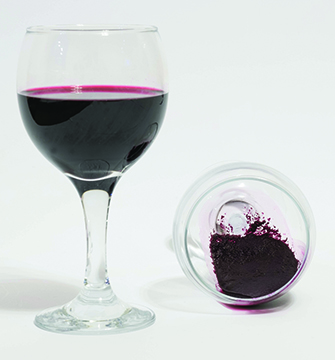 Article
Article
The Fine Art of Fining